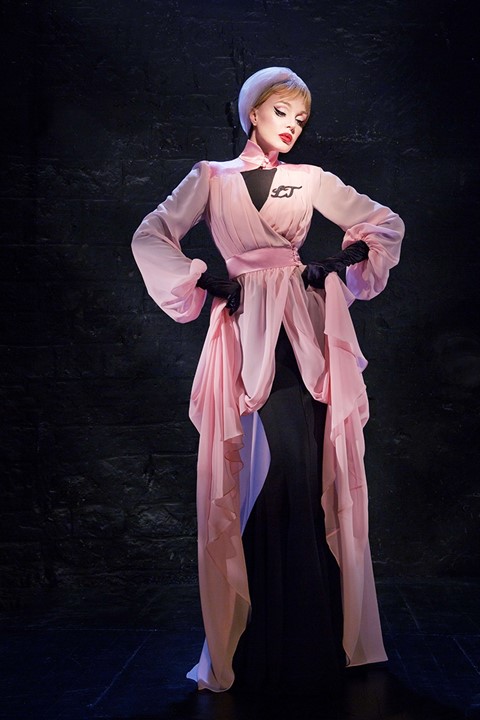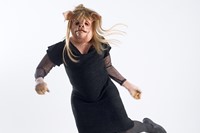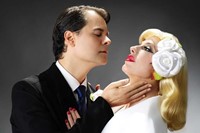Donatien Grau meets Alfredo Arias, one of the world’s most celebrated theatre directors to talk intellectuality and theatricality in fashion
Alfredo Arias is one of the world’s most celebrated theatre directors. Born in Argentina in 1944, he emigrated in the 1960s and has lived in Paris since then. Founder of the legendary TSE company in Buenos Aires, he had collaborated with some of the leading actresses of his time, including Isabelle Adjani and Arielle Dombasle, and worked for such institutions as the Comédie-Française, the Teatro alla Scala in Milan, Teatro Colón in Buenos Aires.
How would you connect fashion to elegance?
Elegance is innate. It is not something you can buy at a store like a trendy piece of clothing. It is not transferrable. In a sense, it is a genetic: the transmission it requires has to do with a vision of the world. I have always thought that elegance had to do with grief: the moment when people are in grief, that’s when they have the most dignity. That uncluttered image of a person, that’s the most elegant moment in life.
What is the role of history and art history in your conception of fashion?
Fashion is part of art history. It cannot be judged at the time when it’s experienced. We live in a constant mess. The passing time enables us to judge what is the fashion of an era, and it would be impossible to define today what today’s fashion is. In some time, with the interaction of cinema, painting, music, we will be able to do that work.
Would you describe fashion as a language and a discourse, as Barthes did it?
Certainly. Fashion is a discourse that is part of society. I mean fashion in a large sense – a discourse that includes all ways for society to dress up. At that point, it is a language, and it mainly expresses disarray and crisis.
The word "intellectual" was coined in a time of great political distress. Does fashion have a political role? And in which way?
Fashion is political, as it is the expression of political issues. In the suburbs of great cities, there is a language of fashion, of music, of clothing, that is currently being created. And it expresses the main problems related to marginalisation. And that is political.
"Elegance is innate – it is not something you can buy at a store like a trendy piece of clothing"
How would you relate the concept of "fashion" to the one of "style"?
Style does not lie only in fashion design. It is a sort of intuition in order to be part of society.
What does fashion have to do with intellectuality?
There’s a common confusion: fashion is not only the work of designers; it’s the daily work of normal people; it’s a language that people use to identify themselves, at a certain economic, social and political moment. It’s a common elaboration. If you only seek to intellectualize the designers’ work, you end up with rather useless pieces of thought.
You are a stage and a stage director, renowned for performing hypertheatricality in theatre. What is the part of theatricality in fashion?
I don’t see theatricality, as it is commonly seen, as having in role in the kind of fashion I am interested in. Of course, you can see it in fashion at large: in music, for instance. But when a designer wants to do theatrical, I am very rarely interested.
Your stage work is based on very strong individual figures. How would you relate fashion and individuality?
It’s freedom. The issue is not to be dressed by this or that designer. It is about finding your identity, about presenting yourself in the world, which is the key to individuality. Nobody can grant individuality. Fashion is not about people being dressed in this or that brand. It is about people being themselves.
In two weeks Donatien will interview the Dean of the School of Fashion at Parsons Simon Collins



